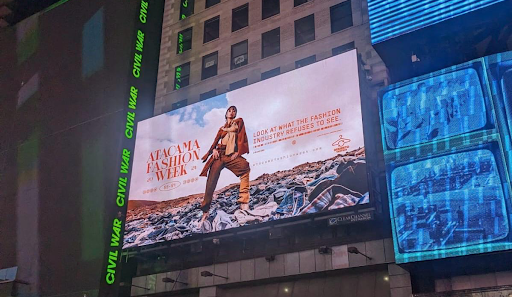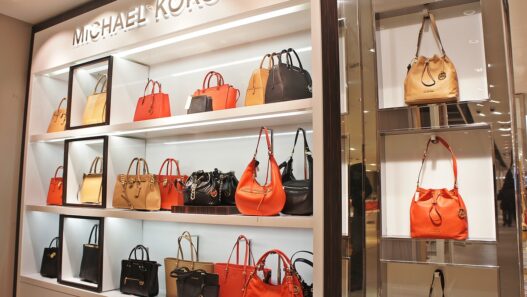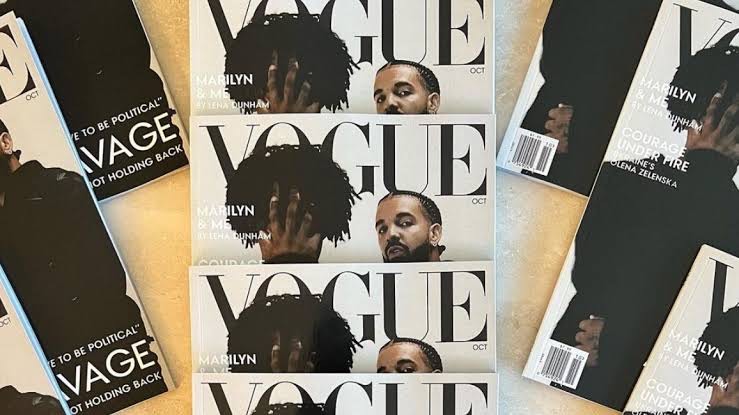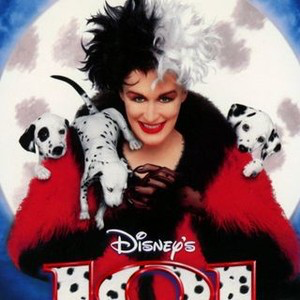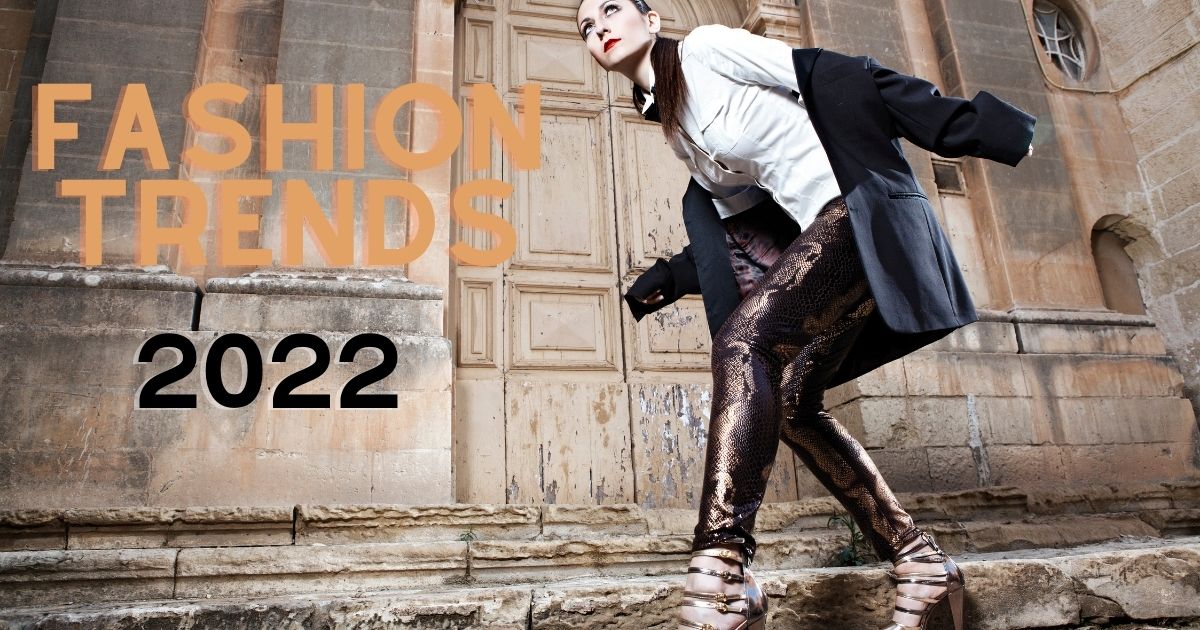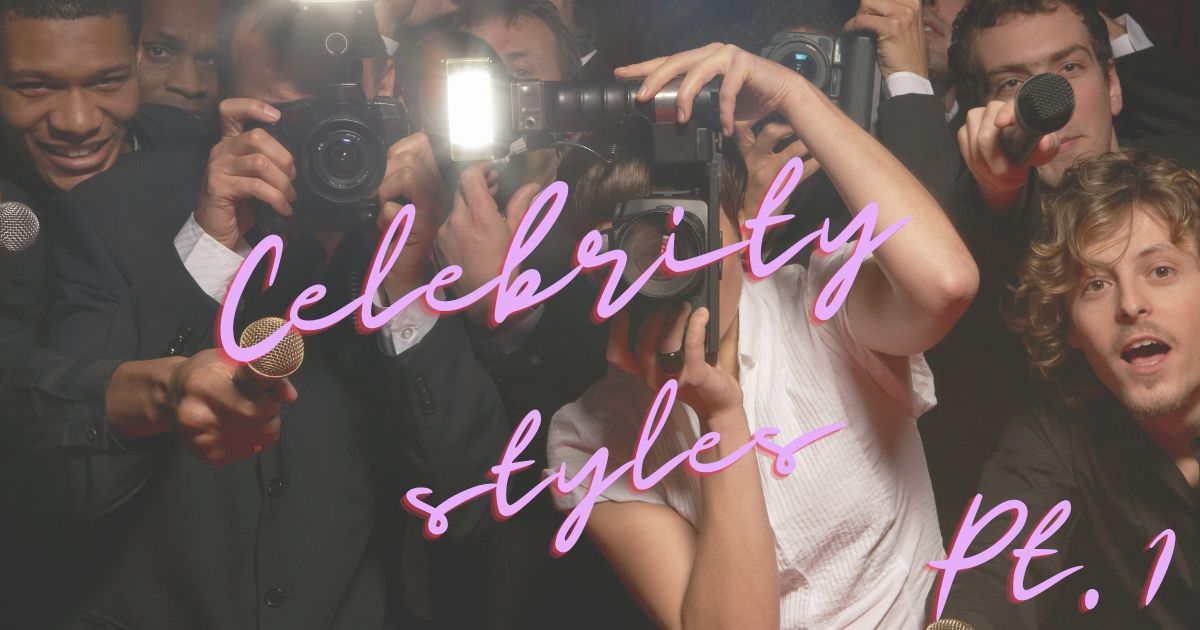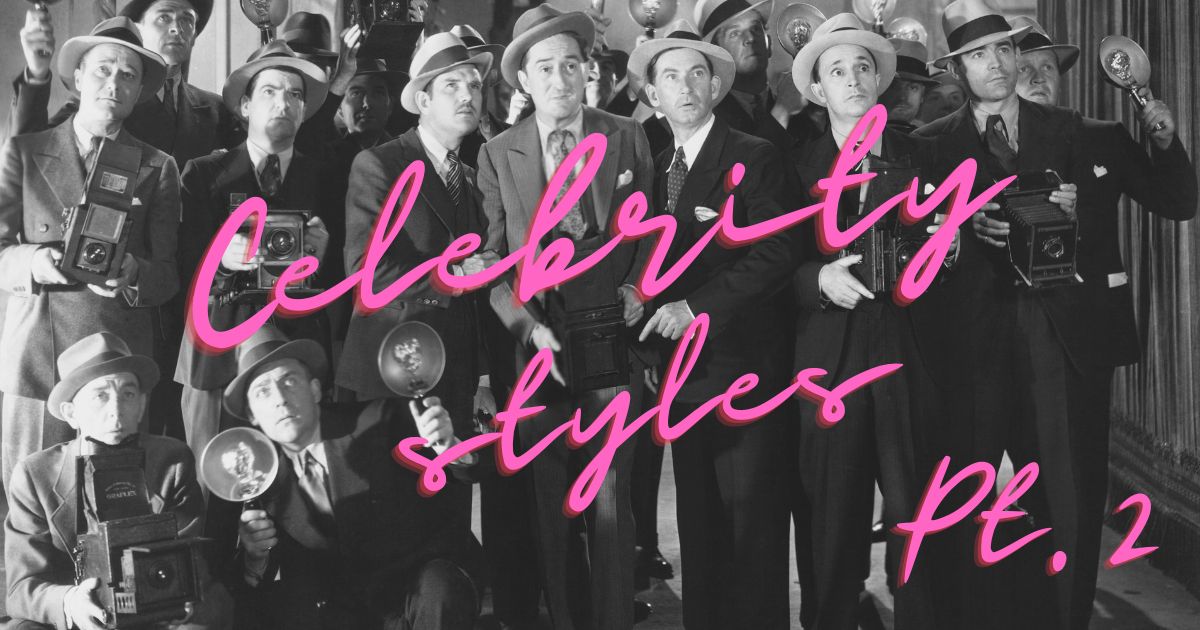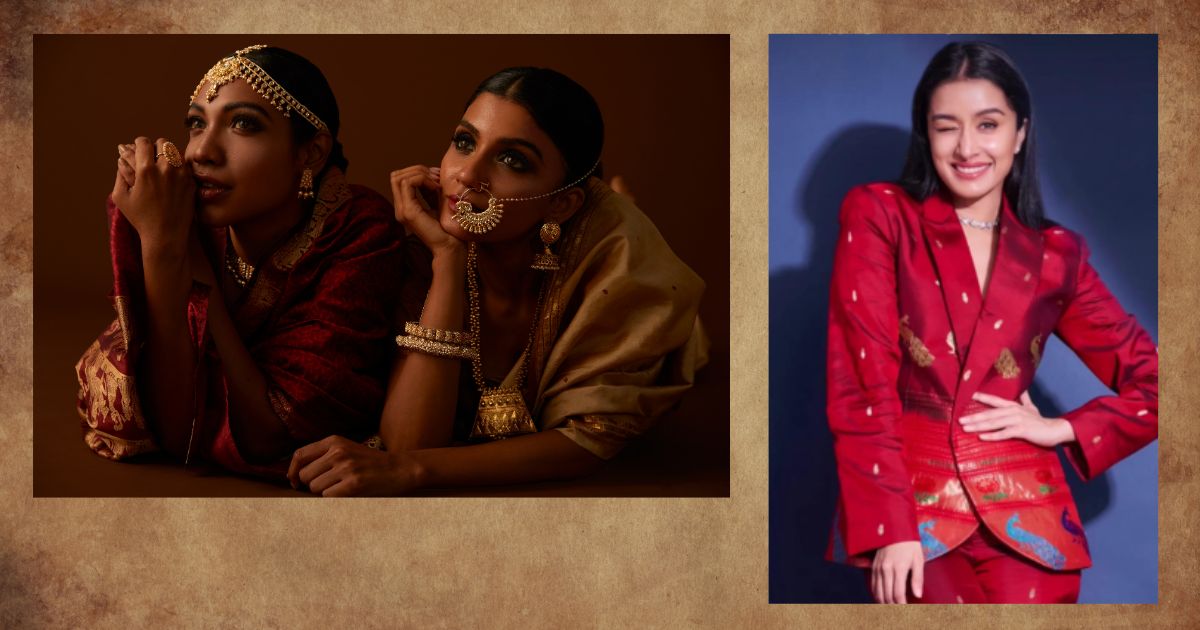Rap lovers like me woke up to some incredible news a few months ago when the two biggest names in the rap industry, Drake and 21 Savage, announced their collaborative album “Her Loss”. Adding to the hype, they made an Instagram post with their supposed “Vogue” covers launching soon. Turned out, this was a faux cover and what followed was a lawsuit against them by Condé Nast aka Advance Publications claiming “unauthorized use of the magazine’s trademarks” to promote their novel album. The lawsuit was filed on the basis of their bogus use of the well-known magazine cover’s trademark to advertise their music album. Nast claimed that their deceptive use of the “Vogue” cover led the audience to believe the rappers to be the faces of the next magazine issue and falsely advertise their campaign. In its November 7 lawsuit, Advance Magazine Publications sought at least $4 Million in damages by the famous rappers. Fast forward to a few days back, a judgment finally came in announcing a settlement between the parties putting a permanent injunction in place, restricting the rappers for using the Vogue trademark or any similar marks in a commercial capacity.
Rewinding it back to November, Drake and 21 Savage posted their picture with the Vogue mark and captioned it, “Thanks Vogue Magazine and Anna Wintour for your love and support” making it appear like Wintour, the Editor-in-chief of Vogue had permitted them to be the faces of the new cover. Considering this, the artists’ collaboration with Vogue became a major headline and social media users made it a hot topic. The new “cover” appeared to be a major step in their campaign for “Her Loss”, their album that debuted at No. 1 on the Billboard 200 album chart and ranked on the 8th spot for the week ending February 18, 2023. A few days later, a lawsuit was filed against them in which Condé Nast claimed the artists had used the Vogue mark without due permission to promote their album and also posted the fake cover for their 135M followers to view. The rappers, Drake and 21 Savage, were sued for trademark infringement and false advertising for using the infamous Vogue mark on their picture and advertising it on their accounts making it seem like a real Vogue issue. The matter was looked into immediately and on 9th November, a federal judge declared that the campaign caused confusion and also announced how Nast would likely win the trademark and false advertising lawsuit. In the order issued, Judge Jed Rakoff ordered Drake and 21 Savage to “immediately refrain from using the Vogue trademark” and directed a temporary restraining order (“TRO”) was “necessary … to protect the public from confusion, deception, and mistake, and to protect Condé Nast from immediate irreparable injury.”
The judge found that Drake and 21 Savage’s creation of pictures of a deceptive cover of Vogue magazine featuring the Vogue mark in addition to several of its copies led the audience to believe it to be an actual magazine issue. Additionally, the counterfeit magazine cover also led consumer confusion about the “origin, sponsorship, or approval of the counterfeit cover, misleading consumers to believe that these are genuine and authentic materials associated with Condé Nast and Vogue magazine.” As a result, Drake and 21 Savage deleted the post and paused their campaign. Furthermore, counsel for Condé Nast also pointed out how different media articles wrote about the artists’ collaboration with Vogue and social media users also appeared to believe this campaign to be real. Finally, a few days back the decision came out wherein a settlement was agreed upon, bringing the lawsuit to an end. According to a stipulation dated February 2, a permanent injunction was put in place, prohibiting the artists to further use the Vogue trademark or any similar marks. The rappers will also be paying an unspecified amount to Condé to “bolster the ongoing creative output” of Vogue Magazine. This order has barred the artists to use the trademark in any commercial capacity, making it a win for Condé Nast. The general counsel for Nast also commented how, “it was clear to us that Drake and 21 Savage leveraged Vogue’s reputation for their own commercial purposes and, in the process, confused audiences who trust Vogue as the authoritative voice on fashion and culture.”
References:
The Print (2023), “Rappers Drake and 21 Settle with Condé Nast over fake Vogue Cover”, [Online: Web] Accessed 22 February 2023 URL: https://theprint.in/entertainment/rappers-drake-21-savage-settle-with-conde-nast-over-fake-vogue-cover/1380315/.
The Fashion Law (2023), “Conde Nast settles Drake 21 Savage lawsuit over fake Vogue Cover”, [Online: Web] Accessed 22 February 2023 URL:https://www.thefashionlaw.com/conde-nast-settles-drake-21-savage-lawsuit-over-fake-vogue-cover-campaign/.



